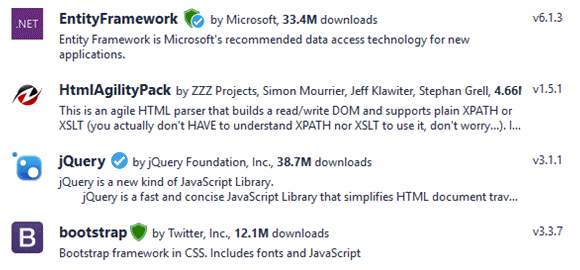This discussion is very interesting, and although I currently don't have an good ideas to solve it I just wanted to add some information.
Currently an Open-Source Code Signing Certificate costs 28€ per year (last year it was ~17€): https://en.sklep.certum.pl/data-safety/code-signing-certificates/open-source-code-signing-929.html From my point of view, this is an acceptable price especially as it's not needed by everyone (but there are people who have less...) Additionally one needs a specific Smart-Card (USB stick), this costs a lot more...
Another issue is the amount of work one has to invest, to get things working. Especially with the new rules which where introduced this year. I don't really know how I can sign something on my CI-Server (which might be a container) when I need to have the certificate on an USB stick? (is Azure AD Managed Service Identity an accepted solution?)
Here are some related discussions: https://stackoverflow.com/questions/45971536/generating-code-signing-certificate-without-smart-card https://blog.thecybershadow.net/2013/08/22/code-signing/ https://blog.aluxian.com/free-code-signing-certificate-for-open-source-software-d836270823a7
But the biggest problem I had, is that (as far as I understood) there was no way to buy an Open Source Certificate from Certum without having an VAT number, which is only available to companies... this means even if individuals want to pay the price, they can't.
What I wanted to say, whatever direction you want to go, it needs to be something which can be implemented by the masses and especially individuals.
P.S. Another thing, what bothers me slightly, GitHub is mentioned as CA... was this just an example, or what about other git providers like BitBucket, Gitlab etc...?

Status: Reviewing
The specification is available here: Package signing
Discussions should happen on this issue. Please link other issues with similar asks to this one.